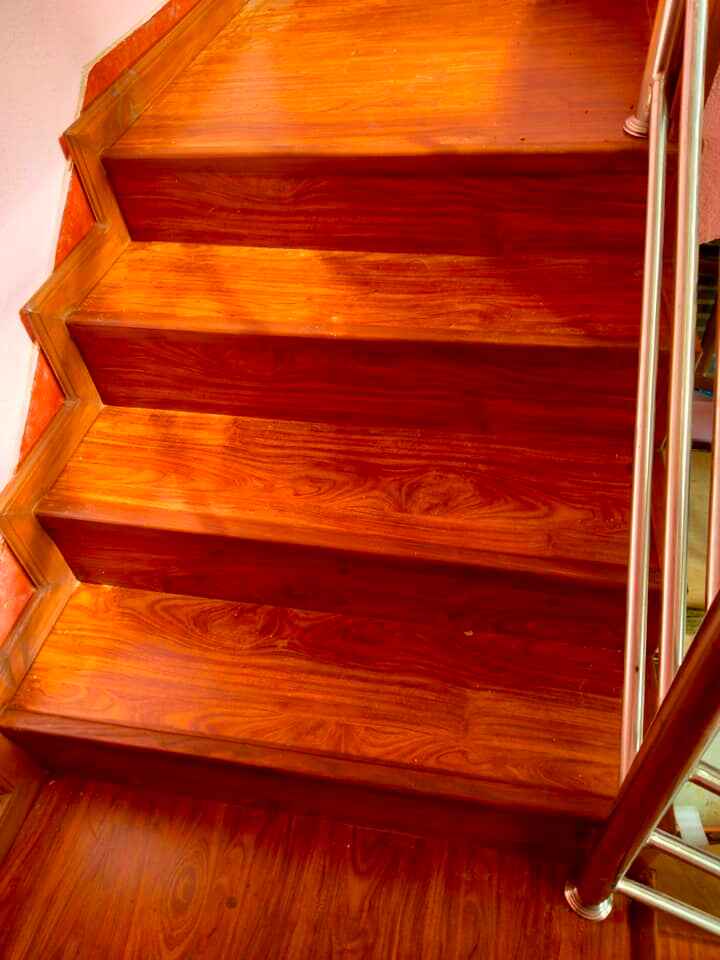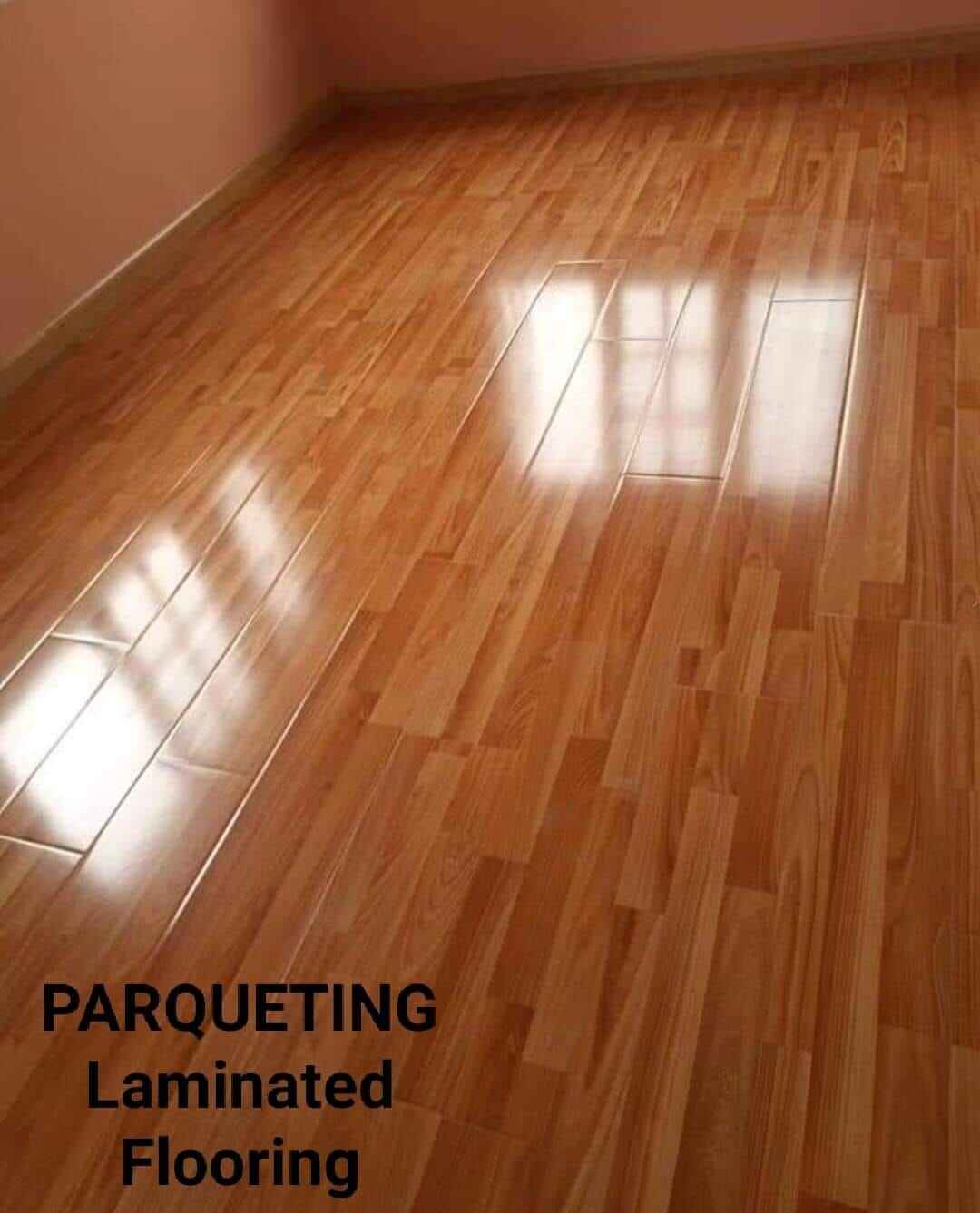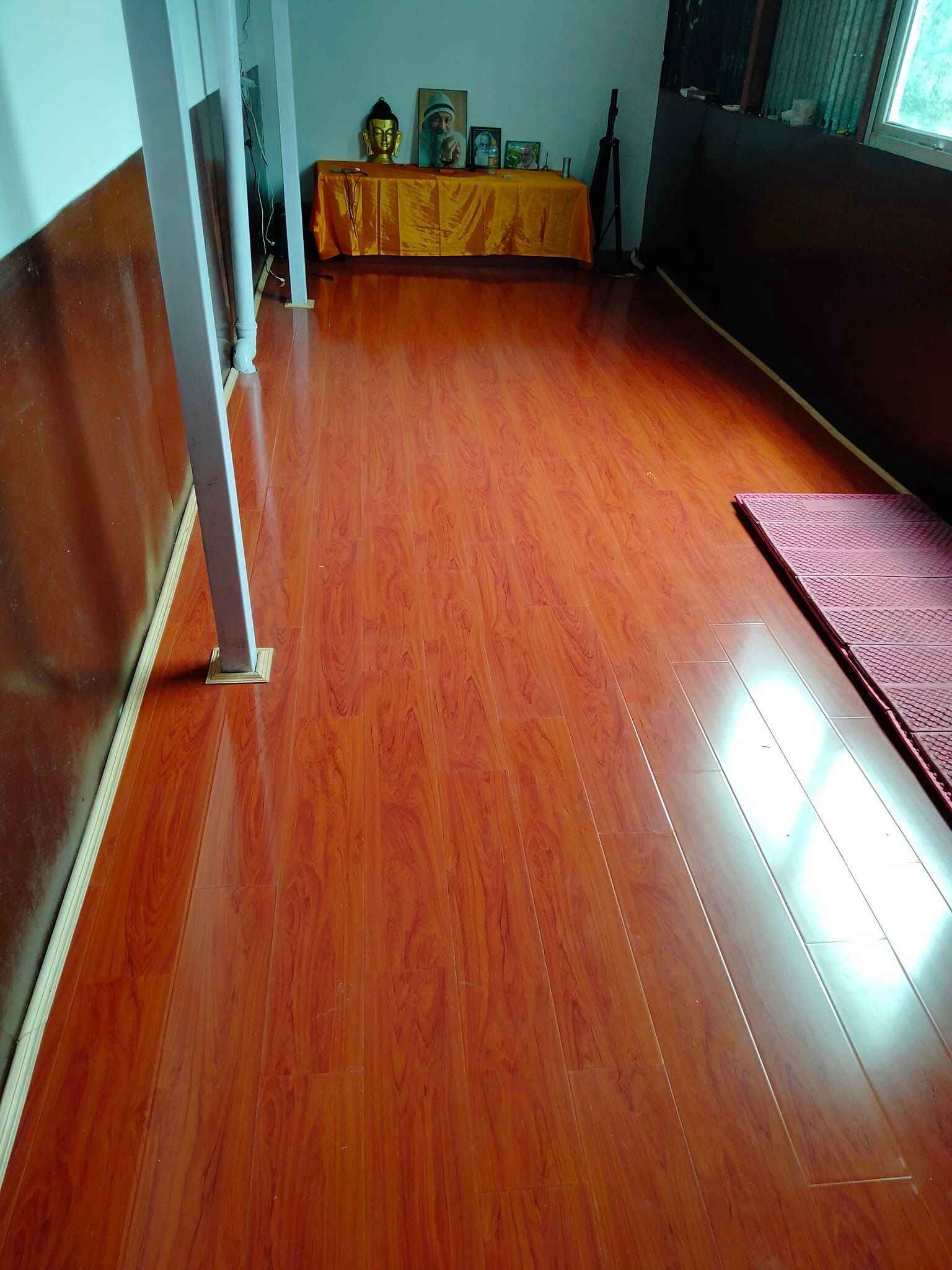- Telephone Enquiry: +977 9851014511
Armstrong Flooring Architectural
SKU: cCeDJrJYdzParqueting typically involves arranging small pieces of wood or other materials in geometric patterns, such as herringbone, chevron, or basketweave. The patterns can be simple or complex, depending on the desired effect.
1. Design: Parqueting typically involves arranging small pieces of wood or other materials
in geometric patterns, such as herringbone, chevron, or basketweave. The patterns can
be simple or complex, depending on the desired effect.
2. Materials: Parqueting can be done using a variety of materials, including wood, cork,
and bamboo. Wood is the most common material used in parquet flooring, and
different types of wood can be used to create different patterns and effects.
3. Installation: Parquet flooring can be installed in a variety of ways, including gluing the
pieces directly to the subfloor or using a floating installation method where the pieces
are held together by a locking mechanism. Professional installation is recommended to
ensure a high-quality and durable finish.
4. Maintenance: Parquet flooring requires regular maintenance, including sweeping or
vacuuming to remove dirt and debris and periodic polishing or refinishing to restore the
finish and protect the wood.
5. Durability: Parquet flooring is generally durable and long-lasting, but the lifespan will
depend on factors such as the quality of the materials, installation method, and
maintenance. Proper care and maintenance can help prolong the lifespan of parquet
flooring.



.jpg)





